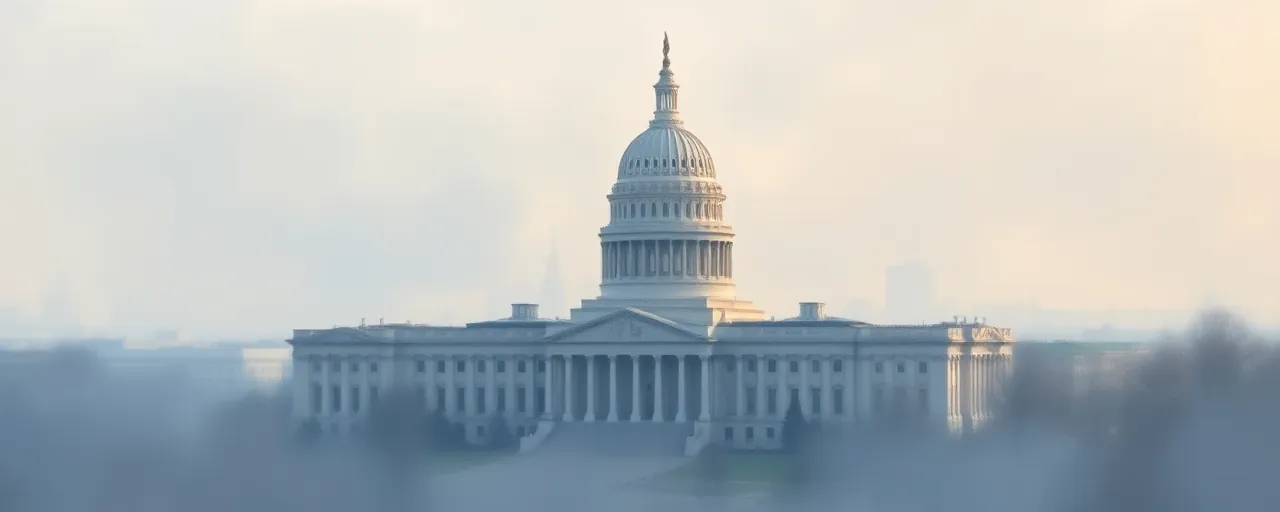A State in Waiting
New Yorkers are caught in a holding pattern. The state's budget, due April 1, remains unfinished as negotiations drag into mid-April 2025. At the heart of the delay is a fierce debate over reforming the state's discovery laws, which govern how evidence is shared in criminal cases. The issue has pitted the governor against lawmakers, with real-world consequences for victims, defendants, and public trust.
Governor Kathy Hochul has made clear she wants changes to the 2019 discovery reforms, arguing they lead to too many case dismissals over minor technicalities. Lawmakers, wary of rolling back protections for defendants, resist. The standoff has left school districts, hospitals, and other services funded by temporary measures, raising questions about how long the state can operate in limbo.
The Discovery Law Dilemma
The 2019 discovery law requires prosecutors to share nearly all case-related evidence with the defense within tight deadlines—20 days for those in custody, 35 for those out. Supporters say it levels the playing field, ensuring defendants aren't blindsided at trial. But Hochul and others point to a spike in dismissals when prosecutors miss these deadlines, even for irrelevant records, like a body cam video from an officer arriving hours after a crime.
Data paints a mixed picture. In New York City, felony case dismissals rose sharply post-2019, with some estimates suggesting up to 20% of cases are dropped due to discovery violations. Domestic violence cases are hit hard—Hochul cites figures showing 94% of these cases dismissed, leaving victims vulnerable. Yet, advocates for the law argue dismissals reflect sloppy prosecution, not flawed rules, and loosening requirements could erode fairness.
Judges, bound by the law’s strict language, often have no choice but to dismiss cases when deadlines are missed, even if the missing evidence seems trivial. Hochul’s proposal would give judges more flexibility, allowing them to weigh the relevance of withheld evidence and impose proportional penalties, like fines, instead of outright dismissals.
Victims and Defendants in the Balance
The human toll is undeniable. Victims of domestic violence, for instance, face uncertainty when cases collapse. A woman whose abuser walks free on a technicality may live in fear, knowing legal protections failed her. Hochul, drawing on personal family experiences, has emphasized the need to keep dangerous offenders off the streets, pointing to 100 intimate partner deaths in New York last year.
On the flip side, defendants’ rights hang in the balance. The 2019 law aimed to prevent wrongful convictions by ensuring prosecutors don’t hide critical evidence. Before the reform, some defendants languished in jail for months, unaware of evidence that could clear them. Legal aid groups warn that scaling back discovery rules could tip the scales back toward prosecutors, risking unfair trials.
A Broader Context
The discovery debate doesn’t exist in a vacuum. New York’s bail reforms, tweaked multiple times since 2020, have also sparked heated discussion. Felony crime rates are up 20% from pre-reform days, though tying this directly to bail or discovery changes is tricky—pandemic disruptions and economic pressures muddy the waters. Still, public frustration with crime has fueled calls for tighter laws.
Nationally, discovery reforms vary. New York’s rules are among the strictest, requiring 21 categories of evidence be disclosed, far more than most states. Other jurisdictions, like New Jersey, balance defendant protections with judicial discretion, avoiding the dismissal spikes seen here. Some argue New York could learn from these models without abandoning its commitment to fairness.
Voices in the Room
The budget talks aren’t just about numbers—they’re a clash of priorities. Hochul frames her push as a fight for public safety, backed by prosecutors who say they’re drowning in paperwork. District attorneys report spending hours chasing records, like police disciplinary files, that may have little bearing on a case. In February 2025, a Rochester court ruling mandated public access to such records, adding pressure on departments to comply swiftly.
Meanwhile, defense attorneys and civil rights groups hold firm, saying the law protects against prosecutorial overreach. They point to cases where late-disclosed evidence—like a witness statement—flipped a trial’s outcome. Weakening the law, they argue, could let prosecutors cherry-pick what to share, undermining trust in the system.
What’s Next for New York
As negotiations crawl forward, the stakes keep climbing. Without a budget by May 20, school districts face uncertainty over Foundation Aid, a lifeline for classrooms. Temporary funding patches are holding things together, but patience is wearing thin. Lawmakers, back in Albany after canceled breaks, face pressure to find common ground.
The discovery law fight is a microcosm of bigger questions—how to balance safety and justice, efficiency and fairness. Whatever deal emerges will shape New York’s courts, streets, and trust in government for years to come. For now, the state waits, hoping for a resolution that serves everyone.
